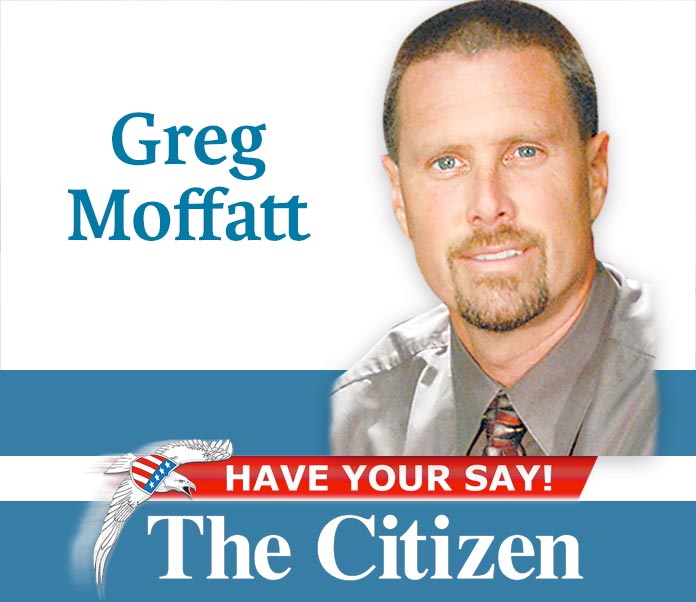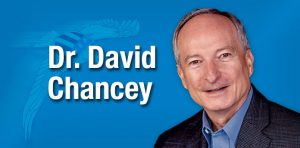I receive a half dozen media inquiries every week. Until last spring, most of them had to do with counseling, children, or violent crime — my areas of expertise. But since last spring, nearly all of them have to do with how the virus has affected our mental health.
This isn’t an easy question to answer since there is so much variability based on personality, family situation, finances, and a host of other important issues, but here are some things I’ve seen in the mental health world in these past few months.
Without question, my biggest concern as a mental health worker is addictions. I am hearing the same thing from my clients, clinicians I supervise, and my colleagues. Social drinking is on the rise, and those who struggle with addictions are relapsing in huge numbers.
This makes sense, of course. With little to do during the day if your job has either been eliminated, cut back, or moved to virtual, it shouldn’t surprise us that addictions — especially binge drinking and alcoholism — are on the rise.
Those who struggle in this world have been delivered a double-whammy. To start with, many are spending a lot of time at home. Beyond that, the stressors of this ever-changing world are increasing the likelihood of recidivism. Those who were social drinkers before have even found themselves drinking more than in the past. After all, they don’t have to drive, the days are long, and it is easy to slip into excesses.
Following close behind my concerns for addictions and excesses is depression. “Depression” actually comes in many forms, and there are many varied diagnoses related to it, but let’s just lump them all together as a state in which one is challenged to get up, face the day, and do the business of life due to sadness and/or hopelessness.
The frustrations of our Covid world have magnified issues some were already dealing with – marital troubles, depression, and addictions, for example. Some are struggling with less income or losing a job. We’re wondering about the unknown future and a new presidential administration. We just don’t know what the next few months — or for that matter, the next few weeks — hold in store for us.
I am a university professor and the dean of my college. Every single week is different from the last for me, my students, and my faculty. Plans we make just days before are changed, reversed, or modified almost daily. This leaves me and my crew feeling frustrated, sometimes angry, and often powerless.
None of us has escaped the third issue I wish to address. We have been forced to embrace a lifestyle that is not of our choosing. Retirement is usually a positive thing unless it is forced on an individual. The changes we’ve seen might have been embraced if we had chosen them, but we didn’t.
I am an introvert so I don’t miss or need lots of social time. I know extroverts are having a much harder time. But I DO miss eating out, entering a store without a mask, and seeing my students face-to-face. I have lost two uncles and a very close friend in the past year. Because of the virus, I’ve been unable to attend funerals, visit in the hospital, or support my family and friends. That grieves me.
But there are solutions to every problem. We must face these challenges with a plan. The trinity of mental health — eat right, exercise, and get plenty of rest — is always a starting place. Forcing yourself to create a routine for your daily life for work, managing children/school, and recreation is imperative.
Be positive. Looking at the positive isn’t optimism. In fact, research has shown consistently that “optimists” actually fare poorer in the long run than pessimists. Pessimists, after all, aren’t especially surprised or disappointed when things go wrong. Looking at the positive is acknowledging what you have rather than what you lack.
Instead of missing my students and ruing the virtual/hybrid education I’ve been forced into, I value the hours I’ve saved in driving. Instead of putting gas in my truck every two days, I fuel up once every two weeks.
Instead of focusing on the restaurants I am not going to these days, I’ve created a routine of cooking at home more creatively and enjoying that preparation time with my spouse. And I’m not standing outside a restaurant waiting for a table.
I don’t begrudge masks and social distancing. I can’t do anything about it whether it helps or not. Instead, I am grateful that so far I’m healthy and that nearly everyone I know who has gotten the virus has weathered it well. Only a few of those I know personally have had serious symptoms. It saddens me, of course, that a handful of those I have known have died. Even so, I’m grateful those numbers remain relatively low.
This is our world. We can face it with courage.
[Gregory K. Moffatt, Ph.D., is a college professor, published author, licensed counselor, certified professional counselor supervisor, newspaper columnist and public speaker. His website is gregmoffatt.com.]










Leave a Comment
You must be logged in to post a comment.